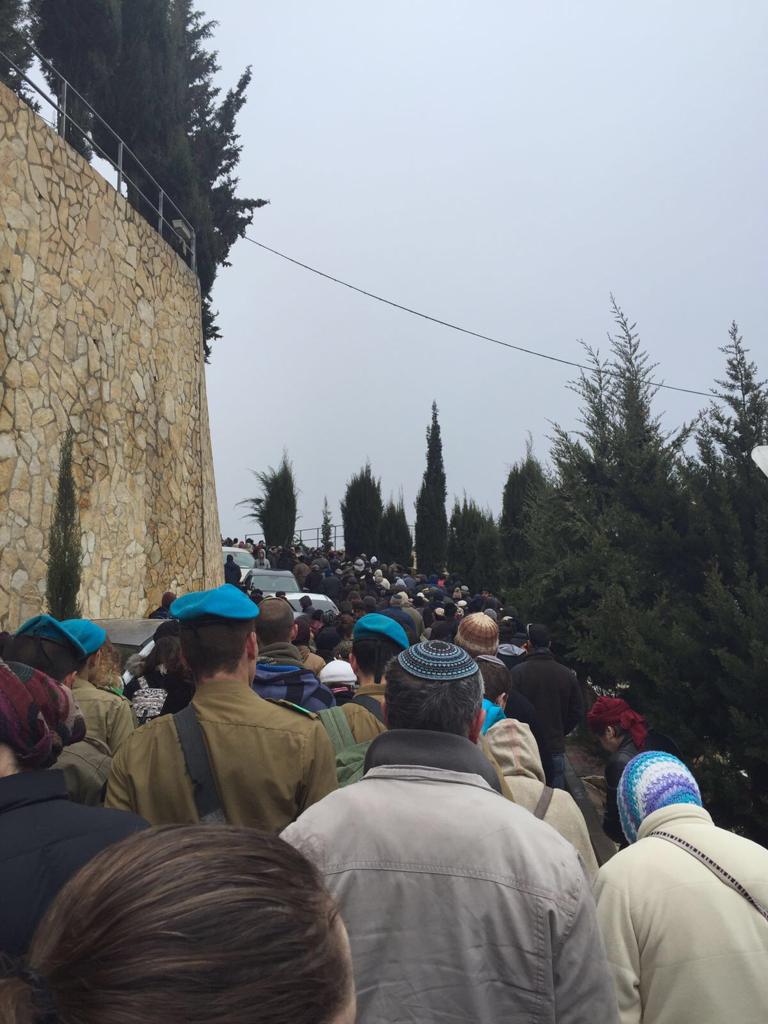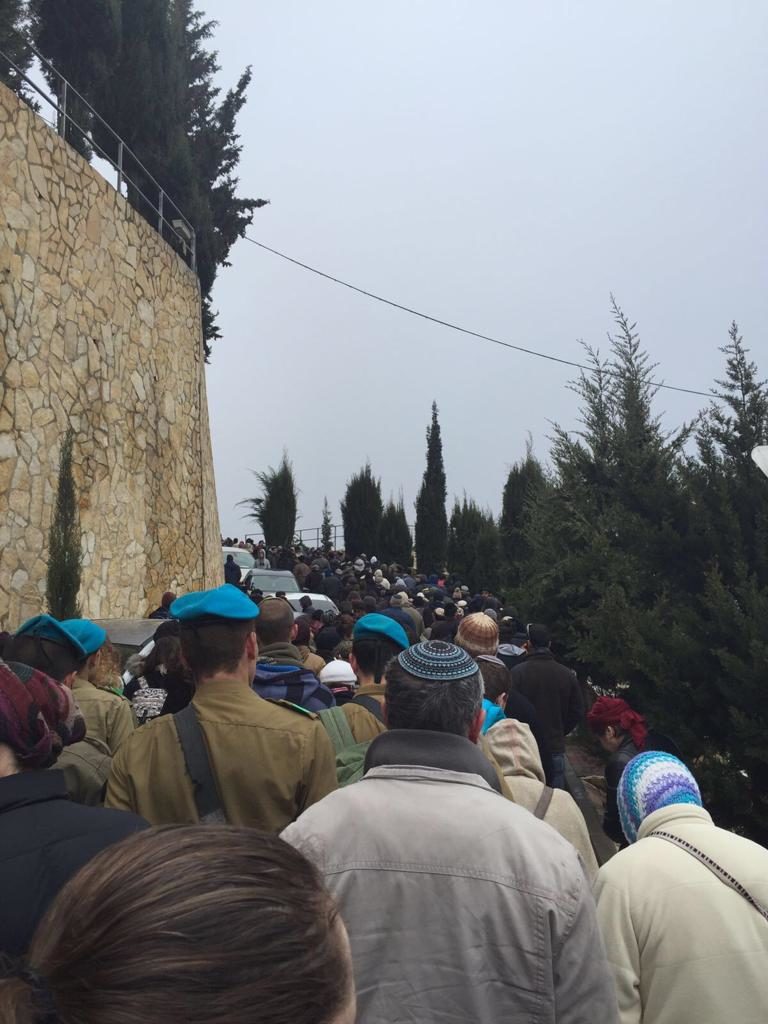
29 Nov 2018 Parshas Vayeishev: The Gift of Brotherhood
 In this week’s parsha, Parshas Vayeishev, seventeen year old Yosef, the beloved son of Yaakov Avinu and Rachel Imainu (who died in last week’s parsha), begins to dream of greatness. He dreams of his brothers sheaves of wheat in the field bowing down to his and the heavenly bodies bowing to him. When he relates his dreams to his brothers, they are jealous of him, they hate him, and they cannot talk to him b’shalom, in peace.
In this week’s parsha, Parshas Vayeishev, seventeen year old Yosef, the beloved son of Yaakov Avinu and Rachel Imainu (who died in last week’s parsha), begins to dream of greatness. He dreams of his brothers sheaves of wheat in the field bowing down to his and the heavenly bodies bowing to him. When he relates his dreams to his brothers, they are jealous of him, they hate him, and they cannot talk to him b’shalom, in peace.
Between his father’s love, his special coat of many colors, and his dreams of grandeur, the brothers have had enough of the favorite son (Bereishis 37).
One day, as they are shepherding their father’s flocks, Yosef is sent to check on the welfare of his brothers. As they see him coming from afar, they realize this is their chance to get rid of the hated brother!
Here comes the dreamer, they say to one another! וְעַתָּה לְכוּ וְנַהַרְגֵהוּ, וְנַשְׁלִכֵהוּ בְּאַחַד הַבֹּרוֹת, וְאָמַרְנוּ, חַיָּה רָעָה אֲכָלָתְהוּ; וְנִרְאֶה, מַה-יִּהְיוּ חֲלֹמֹתָיו – And now, let us kill him and cast him into one of the pits and we will say a wild animal ate him! And we will see what will become of his dreams (37:19-20).
After some negotiation with merchants and passing caravans, Yosef is sold and taken to Egypt. Alas, when the brothers come home and show father the torn and blood stained kesones pasim (Yosef’s multi-colored coat), he cries and refuses to be comforted.
וַיָּקֻמוּ כָל-בָּנָיו וְכָל-בְּנֹתָיו לְנַחֲמוֹ, וַיְמָאֵן לְהִתְנַחֵם – And all of his sons and all of his daughters got up to comfort him, and he refused to be comforted; For I will go down in mourning to the grave, over my son! Yaakov declares ((37:35).
The same brothers who hated and were jealous of Yosef, who plotted to kill him and threw him into a pit, stripped him of his special coat, dipped it in goats blood, and sold him on a caravan to Egypt, now got up to comfort father!? Now, when Yosef was gone, when it was too late!, when they did not know if they would ever see him again – NOW they got up to comfort Yaakov?!
R’ ‘Soloveitchik zt’l teaches, “Sometimes a man feels happy when happiness is not justified. This is bad. However, the situation might be reversed. Happiness is justified, warranted, he should enjoy it (what he has) – and he doesn’t enjoy it. So what does the Almighty do in such a situation? It applies to mechiras (the sale of) Yosef, it applies to our private lives. What does He do? The Almighty becomes a pedagogue, a teacher. HaKadosh Baruch Hu likes teaching. One of the attributes of the Almighty is ha’milamed Torah l’amo Yisrael (Who teaches Torah to His nation, Israel), to be a melamed (teacher). Ha’kel ha’Gadol ha’Gibor v’ha’Nora is not as important as ha’milamed Torah l’amo Yisrael. He is a Teacher, He teaches man many things.
“But in absurd situations, like the one I just portrayed to you, when man has everything which should make him happy, everything under the sun, but is still unhappy, reaching out for the impossible, how can G-d instill a little sense in man, that he should realize his mistake? He has a beautiful method: you’re not happy with it? Give it back to Me. You’re not happy; I’ll take it away from you.
“This was the punishment He meted out to the meraglim, the twelve spies whom HKB”H sent to explore Eretz Yisrael, and they brought back the report that they are unhappy with Eretz Yisrael, with the land. You didn’t appreciate it? All right. So give it back. So you will die in the midbar (desert)…
“The sons of Yaakov were unhappy, very unhappy, envious of Yosef with his multicolored shirt. Each one thought, if my father had given me the multicolored shirt… foolish! Nonsensical things! And they appreciated those nonsensical things without appreciating the real happiness of being together, Yaakov and the twelve brothers. So they lost it. They did not appreciate each other, did not bestow love and devotion upon each other, they were hostile to each other, there was a treasure within their reach and they did not appreciate the treasure.
“When did the brothers realize the beauty and grandeur of being together, of שֶׁבֶת אַחִים גַּם-יָחַד – how pleasant is it when brothers sit together (Tehillim 133:1)? Or the beauty of achva (brotherhood)? When they lost Yosef. Suddenly they became aware of how exalted the achva experience is. It is an old shortcoming of man” (The Rav Thinking Aloud on the Parsha, Bamidbar, p.96-98).
The same brothers who hated Yosef when he lived with them, suddenly realized the greatness of brotherhood when Yosef was taken away from them. The moment the caravan disappeared over the horizon, and Yosef along with them, the brothers mourned. Now they got up to comfort father, yet alas, now it was too late…
הִנֵּה מַה-טּוֹב, וּמַה-נָּעִים- שֶׁבֶת אַחִים גַּם-יָחַד – Behold it is so good and pleasant when brothers dwell together in unity (Tehillim 133:1).
I recently heard a beautiful insight in the name of R’ Goldwicht. What is so beautiful and pleasant about brothers dwelling יָחַד, together? יָחַד = יש חלוקי דעות. Even when brothers have differences of opinions, when they don’t always see “eye to eye,” when my mehalach (path in life) differs from yours, for often amongst Jews, יש חלוקי דעות – there are differences of opinion… Yet, even so, שֶׁבֶת אַחִים גַּם-יָחַד, when those very same brothers can sit together, הִנֵּה מַה-טּוֹב, וּמַה-נָּעִים, behold, it is good and pleasant!
May we always appreciate the Divine blessings while we still have them, may we always have the humility and courage to accept our brothers with their differences, and may we rejoice as we sit, brothers together.
בברכת בשורות טובות, שבת שלום, וחנוכה שמח,
Michal



Sorry, the comment form is closed at this time.